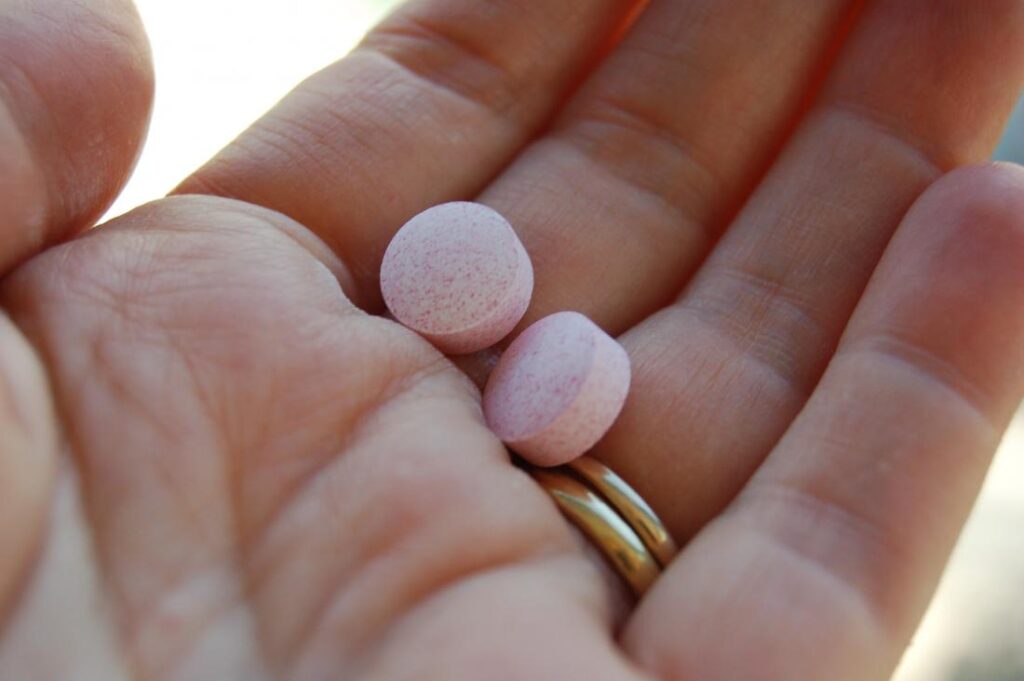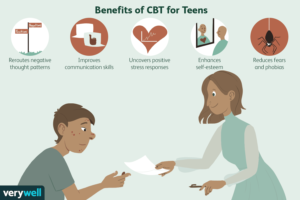Pepto Bismol Tablet Dosage for Dogs by Weight

Canine Comfort: A Guide to Pepto Bismol Dosage for Dogs
Upset tummies are no fun for anyone, including our furry companions. When your dog experiences diarrhea, it can be a stressful experience for both of you. Pepto Bismol, a common over-the-counter medication used for human digestive relief, sometimes arises as a potential solution.
This comprehensive guide explores the use of Pepto Bismol for canine digestive issues, focusing on appropriate dosage based on weight, safety considerations, and alternative remedies.
Demystifying Doggy Diarrhea: Understanding the Causes
Diarrhea, characterized by loose or watery stools, can occur in dogs for various reasons. Identifying the underlying cause is crucial for effective treatment. Here are some common culprits:
- Dietary indiscretion: Eating something unusual or too much of their regular food can upset a dog’s stomach.
- Parasites: Internal parasites like roundworms or hookworms can cause diarrhea.
- Bacterial infections: Bacterial infections in the digestive tract can lead to diarrhea.
- Viral infections: Certain viruses, like canine parvovirus, can cause diarrhea along with other symptoms like vomiting and lethargy.
- Inflammatory bowel disease (IBD): This chronic condition can cause intermittent or persistent diarrhea.
- Food allergies or sensitivities: Food allergies or sensitivities to specific ingredients in their diet can trigger diarrhea.
If your dog’s diarrhea is severe, persistent, or accompanied by other symptoms like vomiting, lethargy, or blood in the stool, consulting a veterinarian is crucial for proper diagnosis and treatment.
Pepto Bismol for Dogs: Weighing the Pros and Cons
Pepto Bismol, containing bismuth subsalicylate as the active ingredient, can offer temporary relief from mild canine diarrhea. Its mechanism of action is not fully understood, but it might help by:
- Reducing inflammation in the intestines
- Slowing down the movement of fluids through the intestines
- **Killing some bacteria
Important Considerations:
- Limited Relief: Pepto Bismol is intended for short-term relief and doesn’t address the underlying cause of diarrhea.
- Not a Cure: If your dog’s diarrhea is caused by a bacterial or parasitic infection, Pepto Bismol won’t provide a cure. Veterinary treatment is necessary.
- Potential Side Effects: At high doses or with prolonged use, Pepto Bismol can cause constipation, black stools (due to the bismuth), or even salicylate toxicity (similar to aspirin poisoning).
Only use Pepto Bismol for dogs with mild, short-term diarrhea and always consult your veterinarian before administering any medication to your pet.
Finding the Right Dose: Pepto Bismol Dosage Chart for Dogs by Weight
It’s crucial to administer the correct dosage of Pepto Bismol to your dog to avoid potential side effects. Here’s a general dosage chart based on weight:
| Dog Weight (lbs) | Recommended Dosage (teaspoons) |
|---|---|
| Under 10 | Not recommended |
| 10-20 | 1/2 teaspoon |
| 21-30 | 1 teaspoon |
| 31-40 | 1.5 teaspoons |
| 41-50 | 2 teaspoons |
| Over 50 | Consult veterinarian |
Note: This chart is a guideline. Always consult your veterinarian for the most accurate dosage recommendation for your dog based on their individual weight and needs.
Enhancing SEO with Visuals: Creating a clear and colorful dosage chart highlighting weight ranges and corresponding Pepto Bismol dosages can significantly enhance user engagement and provide a quick reference for dog owners.
Beyond Pepto Bismol: Safe and Effective Alternatives for Canine Diarrhea
If your dog experiences frequent diarrhea or Pepto Bismol isn’t suitable, several alternative remedies can help:
- Bland Diet: Feeding your dog a bland diet like boiled chicken and white rice for a few days can help settle their stomach.
- Probiotics: Probiotics can help restore the balance of good and bad bacteria in your dog’s gut.
- Veterinary-Prescribed Medications: Depending on the underlying cause, your veterinarian might prescribe medications like antibiotics or antiparasitics.
Remember, early veterinary intervention is crucial for diagnosing and treating the root cause of your dog’s diarrhea.
FAQ Symphony: Addressing Your Concerns About Canine Diarrhea and Pepto Bismol
Now that you’re armed with knowledge about Pepto Bismol dosage and its use for canine diarrhea, let’s address some frequently asked questions (FAQs):
Q: Can I give my puppy Pepto Bismol?
A: No, Pepto Bismol is not recommended for puppies under 10 pounds. Their smaller bodies are more susceptible to side effects. If your puppy has diarrhea, consult your veterinarian for safe and effective treatment options.
Q: What if my dog throws up the Pepto Bismol?
A: If your dog vomits after taking Pepto Bismol, wait at least 2 hours before administering another dose. If vomiting persists, consult your veterinarian.
Q: For how long can I give my dog Pepto Bismol?
A: Pepto Bismol should only be used for short-term relief of mild diarrhea, typically no longer than 2-3 days. If your dog’s diarrhea persists, consult your veterinarian.
Q: What are some signs that my dog’s diarrhea is serious and requires veterinary attention?
A: Seek immediate veterinary care if your dog’s diarrhea is:
Severe or bloody
Accompanied by vomiting, lethargy, or loss of appetite
Lasting for more than 2-3 days
Q: Are there any alternative natural remedies for canine diarrhea?
A: While some natural remedies are mentioned online, it’s crucial to consult your veterinarian before administering anything to your dog. Certain natural ingredients can be toxic or interact with other medications.
Remember, Pepto Bismol should only be used as a temporary solution for mild canine diarrhea. Veterinary diagnosis and treatment are essential for addressing the underlying cause and ensuring your dog’s long-term health.
Building a Happy and Healthy Gut: Preventive Measures for Canine Digestive Issues
Here are some tips to help prevent future digestive issues in your dog:
- Provide a high-quality diet: Feed your dog a balanced, age-appropriate diet from a reputable brand.
- Avoid sudden dietary changes: Introduce any new foods gradually to avoid stomach upset.
- Practice good hygiene: Keep your dog’s food and water bowls clean and fresh.
- Regular deworming: Maintain a regular deworming schedule to prevent parasite-related diarrhea.
- Manage stress: Stress can contribute to digestive issues in dogs. Provide a calm and enriching environment for your furry friend.
- Schedule regular vet checkups: Regular veterinary checkups can help identify potential health concerns early on, including digestive issues.
By following these tips and seeking veterinary guidance when needed, you can promote a healthy digestive system for your dog and minimize the occurrence of diarrhea.
Conclusion: A Partner in Canine Wellness
As a dog owner, you play a crucial role in maintaining your pet’s health and well-being. Understanding potential causes of diarrhea, appropriate use of Pepto Bismol, and alternative remedies empower you to provide informed care for your furry companion. Remember, when in doubt, always consult your veterinarian. With knowledge, vigilance, and a proactive approach, you can ensure your dog enjoys a happy and healthy gut throughout their life.



